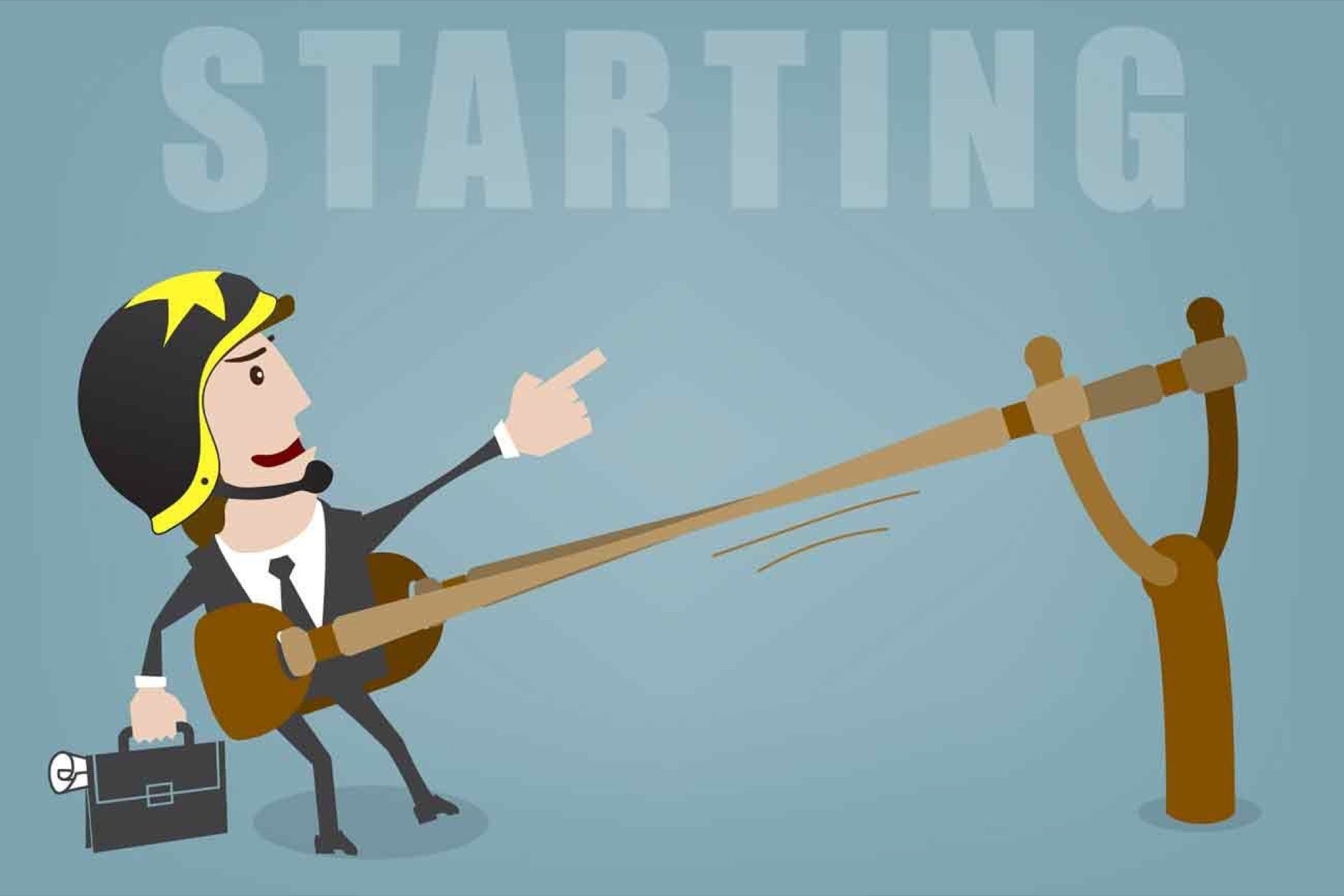Entrepreneurship Education to avoid Start-Up Failure Many types of research have shown that experiential form of teaching and learning can increase the EP of an entrepreneur
Opinions expressed by Entrepreneur contributors are their own.
You're reading Entrepreneur India, an international franchise of Entrepreneur Media.

Driving entrepreneurship will be the catalyst for high-value job-creation and support to much needed economic growth in India. The article talks about the significance of Entrepreneurial education in order to reduce the chances of start-up failure.
Is entrepreneurial education really important? Can it avoid start-up failure? Most researchers and academicians firmly believe entrepreneurship cannot be taught and it can be only learnt through "try-fail-learn-repeat'. While this is true, but an improved practice model can be: "learn-practice-try-fail (LESS)-repeat'. Hence one can definitely create an entrepreneurship learning program that has a great impact on the start-ups and growth-stage entrepreneurs. We should consider the following components for the learning goals:
1. Entrepreneurial Performance (EP);
2. Motivation (M);
3. Entrepreneurial Skills (ES);
4. Business Skills (BS).
Many types of research have shown that experiential form of teaching and learning can increase the EP of the entrepreneur basis the firm foundation of M, ES, and BS. These constructs are to be placed in an education delivery context and full emphasis on the development of these abilities. This model should relate to start-ups, small businesses, and grown businesses management.
"Thinking different' is good but an important aspect is "impact differently'. With maximizing impact, an important learning component should be for the sustainability of the ventures. Creating uniqueness in ideas that stand apart in learners' ability to solve a problem as nobody else could previously "think and do'. Hence, thinking different is a useful talent but highlighting special and unique features like execution and sustainability will help.
Sustainability & Impact: Ventures that indicate signs of resilience and ability to think long terms are preferred over those riding an opportunistic wave. Sustainable ventures that have innovation at their core will win in all applications. Impact, in terms of disruption and scalability, is real differentiation addressing to the pain point of New Age entrepreneurs. There is tremendous dynamism in the business model, hypothetically that can result in dramatic results in any venture's growth.
Students are willing to take a risk while opting for entrepreneurship, despite having fair college placements, because there is no other solution. The traditional education system has failed to provide sustainable jobs in a backdrop of lack of jobs and automation of mundane jobs. The current system of education comes from a pedagogy designed to create good employees and obedient soldiers which is no more required. The entrepreneurial education system is designed to teach students to think, innovate, and create new products and services.
What are the core skills that are required to be an upskilled entrepreneur? We can classify the skill set in three sub-groups:
Part 1
Curiosity to identify problem areas
Business environment, Economic environment
Understanding of demand and supply
Researching on the solution with Creativity and design thinking
Consolidate ideas: open, discuss, close
Part 2
Time management
Operational Efficiency
Financial management
Resilience
Part 3
Communication
Networking
Branding
To understand new-age businesses and new business models, entrepreneurship has become one of the most popular subjects being pursued by college students and working executives. Entrepreneurship education has been integrated into the curriculum of the top business schools in India. Interestingly after impacting regular curriculum at engineering and management education, schools are now actively adapting as well.
The term Entrepreneurship should evolve from "willingness to take risks" to be more about "innovative way of thinking, planning, and organizing' to contribute and professional manage new form of business ventures. The whole idea is to keep evolving and survive in a competitive global marketplace.










